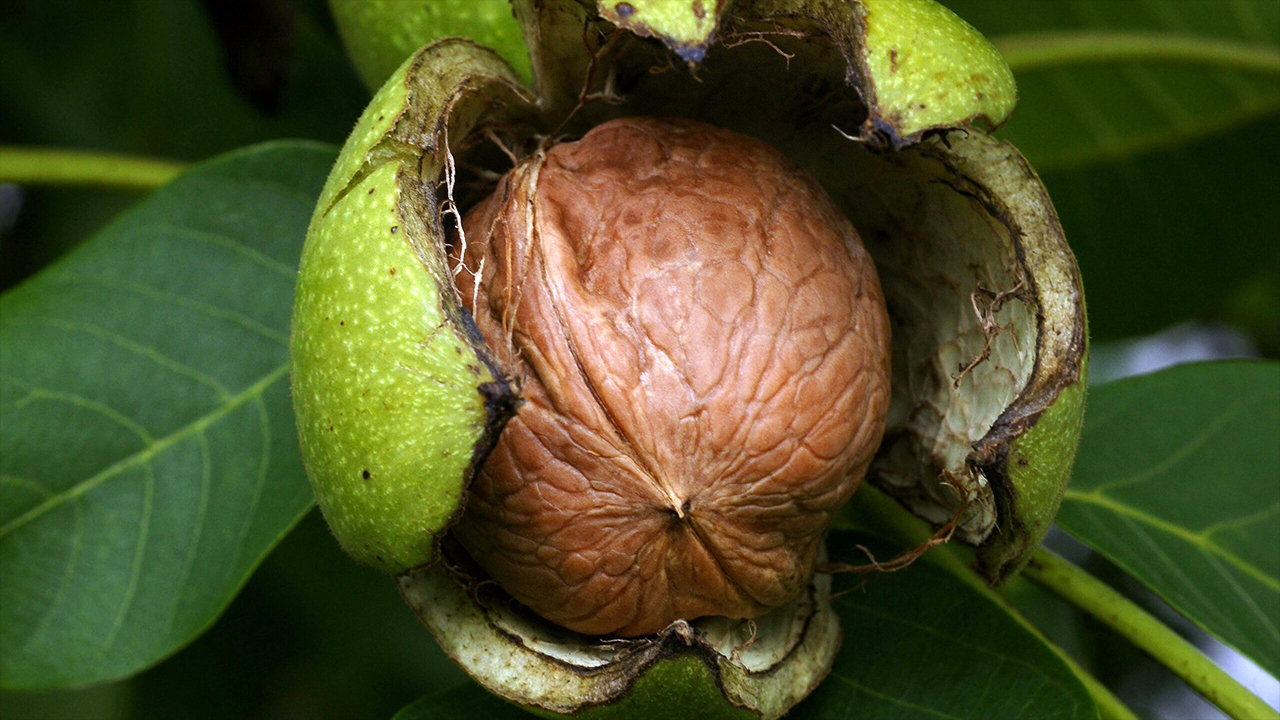The Burbank Paradox Walnut, a hybrid by Luther Burbank, grows fast, offers robust rootstock, and supports Persian walnut production.
The Burbank Paradox Walnut is a unique variety of walnut developed by the famous American horticulturist Luther Burbank. He introduced this walnut in the early 1900s as a hybrid between the native California black walnut (Juglans hindsii) and the Persian walnut (Juglans regia).
His goal was to combine the best characteristics of both species, resulting in a tree that could thrive in a wider range of environments while producing larger, high-quality nuts. The Paradox walnut is noted for its vigorous growth, often reaching a substantial height much faster than other varieties.
While it does not always bear nuts, the tree is commonly used as rootstock in commercial walnut production because of its robustness, disease resistance, and ability to encourage faster growth in grafted trees.
This adaptability has made it particularly valuable in the walnut industry, where it supports the production of Persian walnut varieties, which are prized for their flavor and high market demand. While this vigorous hybrid tends to give low nut yields, it does produce fine timber.
Discover Beautiful Flowers, Expert Gardening Tips & Interesting Plant Science!
By submitting this form, you are consenting to receive marketing emails from: . You can revoke your consent to receive emails at any time by using the SafeUnsubscribe® link, found at the bottom of every email. Emails are serviced by Constant Contact

About The Author
John Bagnasco has been in the gardening industry for over 50 years, starting with a horticulture degree from Michigan State University and following a stint at Frank’s Nursery and Crafts in Detroit.
After publishing his first book “Plants for the Home Vol. I” in 1976, he moved to California to become regional manager and buyer for the Nurseryland division of Sunbelt Nursery Group.
He then became the head buyer for Armstrong Garden Centers based in Glendora, California. John had a part-time affiliation with Creative Promotions for ten years before joining them full-time in October 2000 as a senior editor and radio personality for Garden Compass.
John has also taught horticulture classes at Palomar College and San Diego State University.
He is the host of the DVD “The Essential Guide to Roses,” which also features Bryan Main and Bruce and Sharon Asakawa.
His most recent book is “Planting Designs for Cacti and Succulents”.
Currently, John is a co-host on “Garden America,” an interactive live gardening show that additionally provides podcasts of the broadcasts accessible on all major platforms.
You can contact John here.

